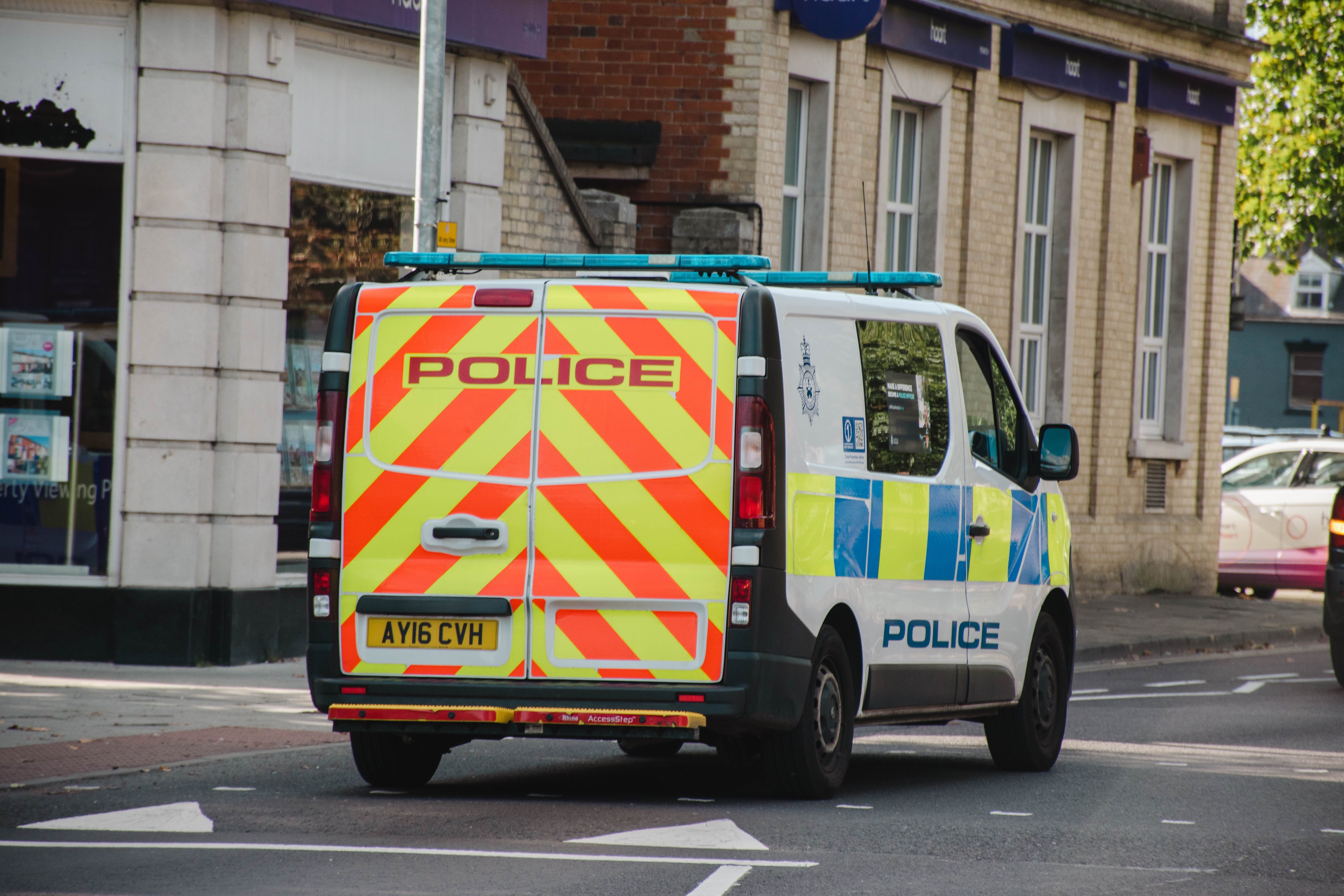Nottinghamshire police placed in special measures

Nottinghamshire police have become the sixth force in England and Wales to be placed into special measures.
His Majesty’s Inspectorate of Constabulary, Fire and Rescue Services (HMICFRS) said the east Midlands force was letting down victims in crimes such as domestic abuse and burglary and must urgently improve.
Nottinghamshire police have been buffeted by criticism over their handling of the case of Valdo Calocane, who had contact with the force before he went on a stabbing rampage in Nottingham leaving three people dead in June 2023.
It joins five other forces in special measures, known officially as Engage. The others are Britain’s biggest force, the Metropolitan police, West Midlands police, Devon and Cornwall, Staffordshire and Wiltshire. There are 43 forces serving local areas in England and Wales.
In Nottinghamshire’s case there are two areas of concern. The inspectorate said it must “improve how it manages, supervises and carries out effective investigations, and make sure that victims get the support they need”.
The second area adds up to a judgment after an inspection by HMICFRS that the force was flying blind in crucial areas: “The force doesn’t have adequate processes, planning or governance arrangements in place to monitor performance effectively or identify areas where improvement is required.”
The lead inspector, Roy Wilsher, said: “We move police forces into our enhanced level of monitoring, known as Engage, when a force is not responding to our concerns, or if it is not managing, mitigating or eradicating these concerns.
“Nottinghamshire police has been asked to urgently produce an improvement plan and will meet regularly with our inspectors.”
In more detailed reasons, the inspectorate said victims were not told that investigations into their crimes were being dropped: “The lack of supervisor reviews and victim updates can put victims at risk.”
The force was also sometimes closing “investigations inappropriately without informing victims”.
The inspectorate added: “We also found that the force didn’t have adequate oversight of a significant number of crimes. This means senior leaders aren’t effectively overseeing some areas of performance that are essential to providing the community with an effective police service.”
Wilsher said there was a “real possibility of harm” because of the deficiencies, but none had been uncovered yet.
Its crime investigation, graded as good in an inspection two years ago, is understood to have been assessed as deteriorating since.
Nottinghamshire’s chief constable, Kate Meynell, said improvements were under way: “As chief constable I recognise the serious nature of the HMICFRS findings. I have taken urgent action to address the immediate concerns raised and have ensured that all of the initial recommendations that relate to our investigations and support for victims have been completed.
“The review did identify that in 2% of cases there was not an update from a supervisor recorded on our system, but this does not mean there was no investigative activity being undertaken.”
The decision to place Nottinghamshire into Engage is not linked to its actions in the Valdo Calocane case, Wilsher said.
The families of those killed, Grace O’Malley-Kumar, Barnaby Webber and Ian Coates, nonetheless welcomed the decision “As families we have been very clear in the concerns we have raised regarding Nottingham police force. Not only in the investigation itself into the murder of our loved ones, but also in the failures, missed opportunities, lessons and poor communication before, during and after,” they said.
“We welcome the news today that the HMICFRS recognise that Nottinghamshire police require intervention and urgent improvement and that they have effectively been placed into special measures.”
The Calocane case has led to the force being placed under investigation by the Independent Office for Police Conduct, which is examining alleged failings.
Source: (The Guardian)

